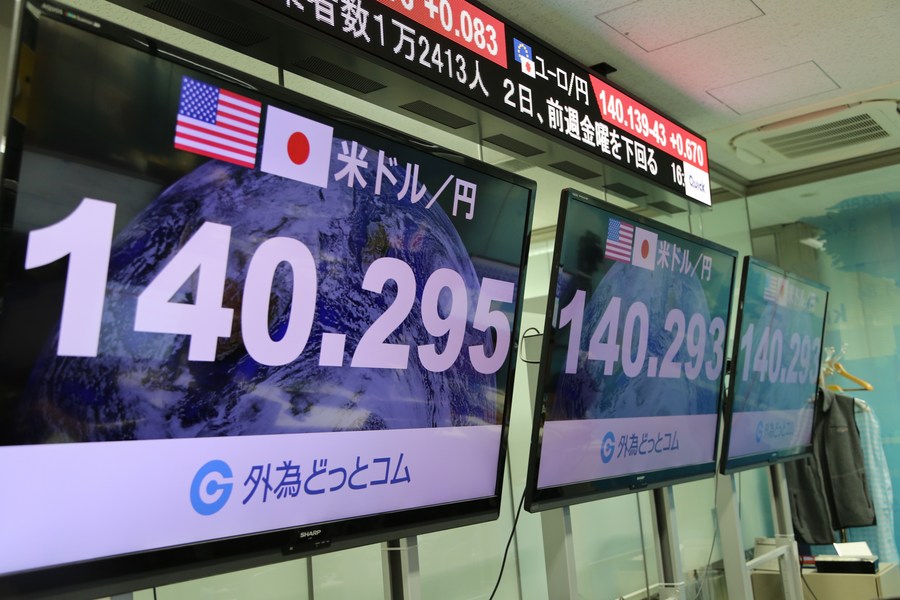Japan's Finance Minister, Shunichi Suzuki, issued a strong warning on Wednesday, pledging a resolute response to any excessive weakening of the yen. This comes after the Japanese currency dipped to a 34-year low against the US dollar, despite the Bank of Japan's recent interest rate hike, the first in over a decade.
Suzuki's comments reflect growing concern within the Japanese government about the potential economic ramifications of a persistently weak yen. A depreciating yen makes imports more expensive, which can fuel inflation and erode consumer purchasing power. Additionally, a weaker yen can have negative implications for Japanese exporters, as their products become cheaper overseas but profit margins shrink when repatriated yen.
The recent decline in the yen's value is largely attributed to the diverging monetary policies between Japan and the United States. The Bank of Japan (BOJ) has maintained an ultra-loose monetary policy, keeping interest rates near zero, in an attempt to stimulate economic growth and combat deflation. In contrast, the US Federal Reserve has embarked on a tightening path, raising interest rates to combat inflation. This disparity in interest rates has made the US dollar a more attractive investment compared to the yen, leading to a surge in dollar demand and a subsequent depreciation of the yen.
While the BOJ's recent rate hike signaled a potential shift in policy direction, it wasn't enough to arrest the yen's decline. This has prompted the Japanese government to consider additional measures to stabilize the currency. Suzuki, in his statement, did not explicitly mention specific actions, but he did leave the door open for all options, including currency market intervention.
Currency market intervention involves buying yen and selling US dollars to artificially strengthen the yen. However, such interventions can be expensive and are not always successful in the long run. Additionally, they can strain relations with other countries, particularly the US, which might view intervention as an attempt to gain an unfair trade advantage.
The Japanese government will likely tread carefully when deciding on a course of action. While they are eager to curb the yen's slide, they must also weigh the potential benefits and drawbacks of different policy options. Balancing the need for a stable currency with maintaining positive relations with key trading partners will be a crucial challenge for Japanese policymakers in the coming months.

